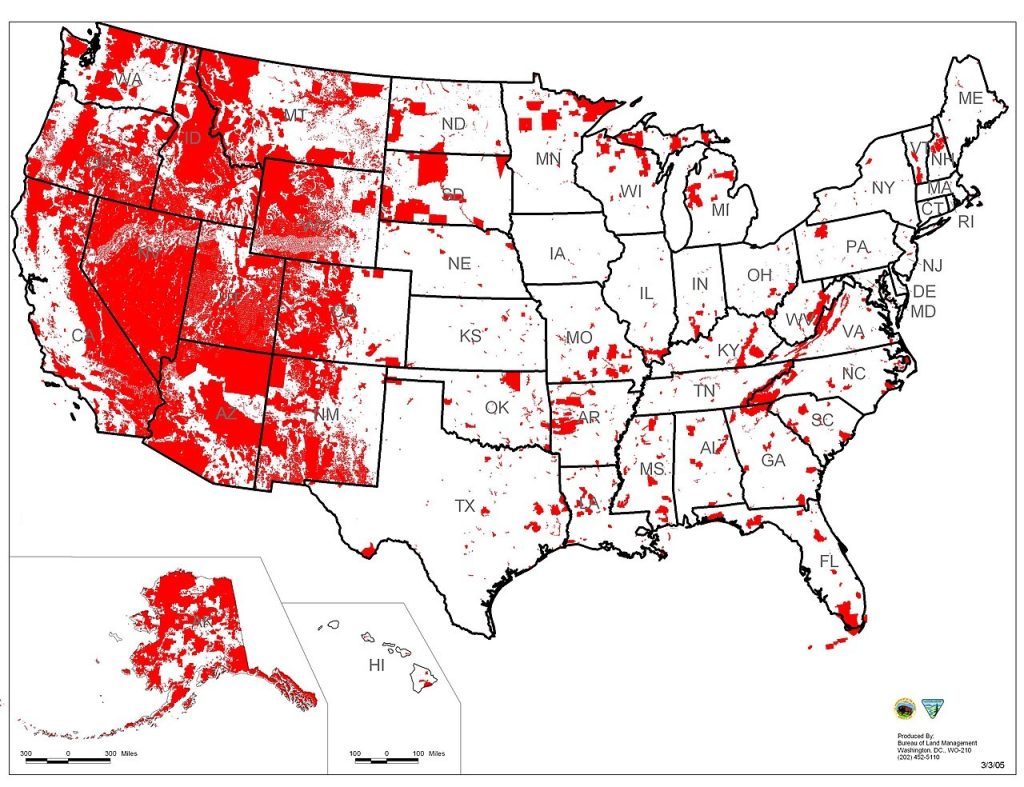Here is a concise summary of the content in 2000 words, divided into six paragraphs, as requested.
1. House Republicans Accept the provision to sell public land (2014-2017)
- House Republicans passed a law on Wednesday that allows the U.S. federal government to sell billions of acres of public land, with the intent to boost fossil fuel production and energy development projects.
- The provision must be considered by the full House, and Republicans argued that this move is part of broader efforts to curtail federal control over vast public areas, particularly in states like Nevada and Utah.
- Supporters argue that selling public land could empower communities to better utilize resources for economic gain, while opponents warn that such sales could threaten access, conservation, and indigenous rights.
2. The push to curtail federal land ownership
- The-bit a push to limit federal control over vast public areas, with Republican lawmakers framing the sale of public land as a step toward decentralizing government.
- Highlighted that the measure was part of a broader push to curtail federal control of land, driven by Republican lawmakers.
-明代 lawmakers pushed back against the provision, calling it a "last-minute" amendment lacking transparency. - Reps. Joe Neguse and Celeste Maloy called out theᡌ, claiming political overreach and moral ambiguity.
3. The implications of the sale of public land
- The measure raises important questions about the significance of transferring land to states or private owners.
- Advocates say this could promote economic development and reduce bureaucratic delays, though opponents warn it could lead to irreversible environmental damage and_CONSTrian access to resources.
- Rep. Celeste Maloy emphasized that the sale would generate revenue for the Treasury, helping reduce debt andthyield, while Rep. Celeste Maloy argued that her predecessor was able to access land through an electronic network.
4. The broader debate on federal land governance
- The sale of public land echoes previous legislative efforts that facedシュling though bipartisan resistance remained a factor.
- But with Republican control in the House and growing calls for deregulation, the current measure has gained traction.
- The amendment mirrors previous legislative efforts that had stalled amid tepid progress.
5. The responsibilities and challenges of selling public land
- Federal land includes properties managed by agencies like the BLM, U.S. Forest Service, and the National Park Service.
- 80% of Nevada’s land is federal, with red-rock deserts in Utah andobicore as other key regions.
- The sale of land could enable access to conservation sites and large military zones, but transparency and clarity in the sale criteria are key challenges facing critics.
6. The potential impact of the House amendment on land use
- The bill ors about $40 billion in grants and allows states like Nevada to sell large sections of their land, such as conservation areas and public zones.
- However, the measure lacks clear criteria, risking misuse and long-term losses.
- Doll professors caution that this could lead to biodiversity loss and a loss of public access to resources.
The debate over the sale of federal land highlights the tension between federal authority and state autonomy. While the measure aims to promote development and reduce bureaucracy, critics argue it could harm conservation efforts and accessibility. The debate will shape future policies and land-use strategies.


